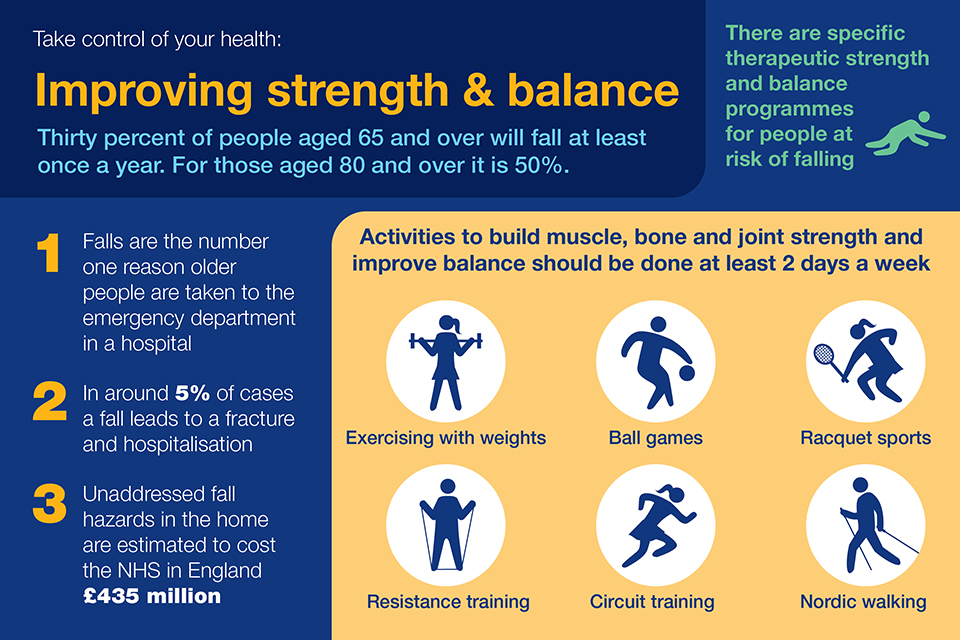Some Known Facts About Dementia Fall Risk.
Table of ContentsGetting The Dementia Fall Risk To WorkThe Only Guide for Dementia Fall RiskWhat Does Dementia Fall Risk Mean?Dementia Fall Risk Fundamentals ExplainedSome Of Dementia Fall Risk
Nonetheless, based on symptoms and signs, such as evidence of head injury or a brand-new focal neurologic shortage, calculated tomography or MRI of the mind may be indicated - Dementia Fall Risk. An assessment for reasons of syncope should be conducted only if there is solid suspicion, as in the situation of frequent, unexplained falls
Doctor make use of a loss danger analysis to identify your threat factors for falling and make helpful suggestions. Some people try to decrease their loss danger by limiting their task or making every effort to be more cautious. However these sympathetic habits aren't sufficient. A fall danger assessment is necessary due to the fact that knowing which variables boost your opportunities of dropping helps you: Reduce your threat of dropping or hurting on your own.
All grownups 65 years and older ought to have an initial fall danger screening. Have fallen in the past year. Worry regarding falling.
How Dementia Fall Risk can Save You Time, Stress, and Money.

, and objectives especially customized to people that are at threat for falls. A is specified as an event that results in a person coming to rest inadvertently on the ground or floor or various other reduced degree (WHO, 2021).
Falling is the check my blog second leading cause of fatality from unintentional injuries globally. It is estimated that loss fatality prices in the United state
The Buzz on Dementia Fall Risk
If this price continues, the CDC prepares for seven loss fatalities every hour by 2030.
Each year, over 800,000 people are hospitalized since of falls. Nurses play a major duty in avoiding drops for their people with education and learning, evaluating fall danger, developing more secure settings, and providing interventions in avoiding injuries from drops.
Autumns are due to several aspects, and an all natural strategy to the individual and atmosphere is crucial. Suppose an individual is thought about at high risk for drops after the screening.
The Of Dementia Fall Risk
A calls for using a validated tool that scientists have taken a look at to be helpful in naming the root causes of drops in a person. As a person's wellness and situations adjustment, review is required. The degree of loss danger can be identified utilizing the analysis of intrinsic and helpful resources external aspects. Requirement evaluation devices can also be used (gone over listed below).
People are extra likely to fall once again if they have maintained one or even more drops in the previous 6 months. The older population is at boosted danger of fall-related readmissions based on a research determining the aspects predictive of repeat drops linked results (Prabhakaran et al., 2020).
Furthermore, confusion and damaged judgment boost the client's possibility of falling. The capacity of check my blog individuals to shield themselves from drops is impacted by such elements as age and growth. Older individuals with weak muscles are most likely to drop than those that maintain muscular tissue strength, adaptability, and endurance. These modifications include reduced aesthetic feature, impaired shade perception, adjustment in center of mass, unsteady gait, lowered muscular tissue stamina, lowered endurance, transformed deepness understanding, and delayed reaction and response times.
See This Report on Dementia Fall Risk
Much less contrast sensitivity was quite related to both increased prices of falls and various other injuries, while reduced aesthetic acuity was only associated with enhanced fall price (Timber et al., 2011). Sensory assumption of ecological stimuli is extremely important to security. Vision and listening to disability limit the client's ability to view dangers in the environments.
Older grownups that have bad balance or difficulty walking are extra likely to fall., or various other clinical problems and treatments., and use of psychotropic drugs (Stanmore et al., 2013).